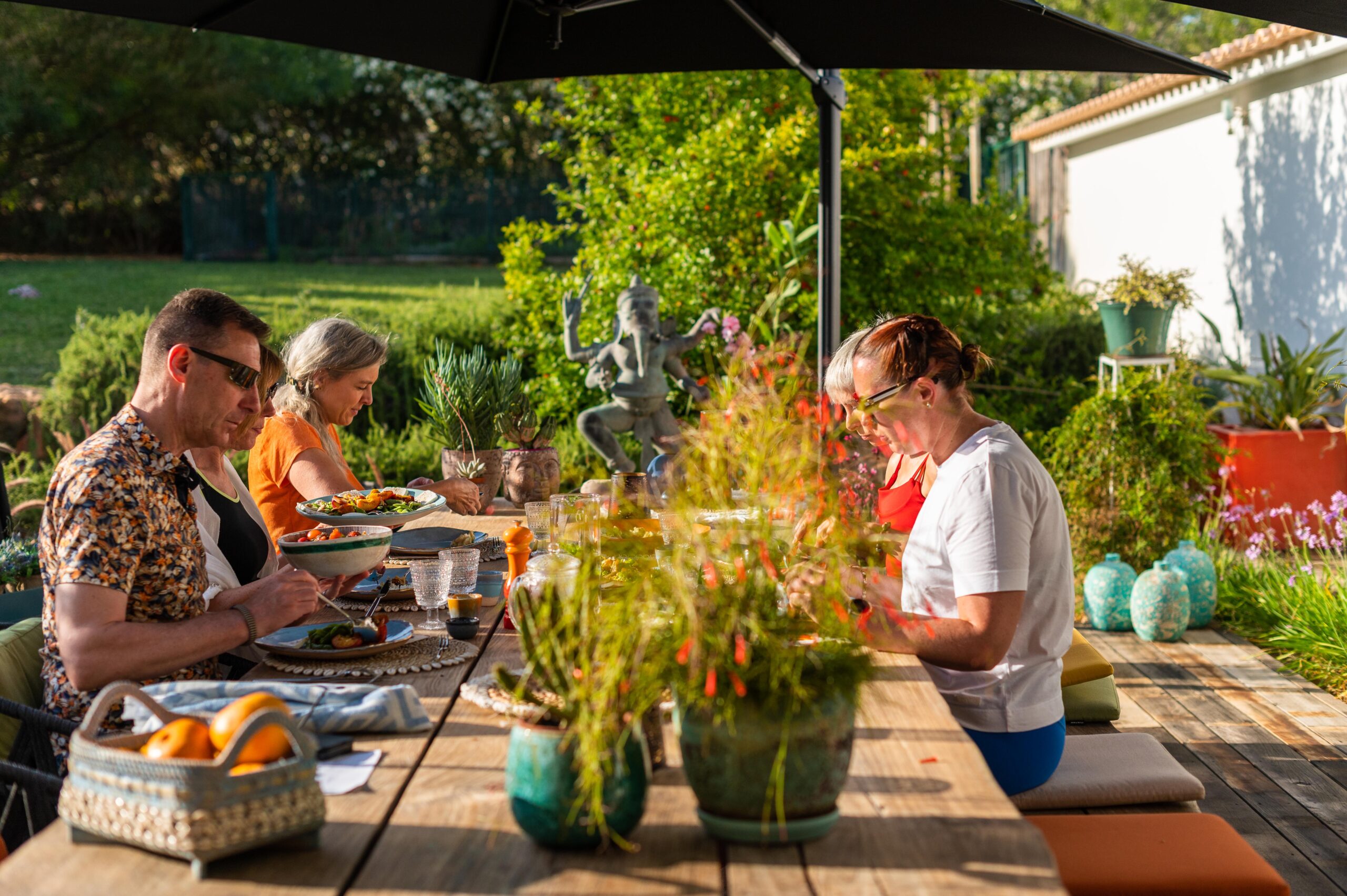Anyone who enjoys scrolling through social media or reading the comments on posts of popular newspapers knows the phenomenon: people like to argue. And that’s not necessarily a bad thing.
However, more and more often it seems as if we don’t listen to each other anymore. Both ‘camps’ are shouting at each other and after a while nobody cares about the facts anymore, it’s ‘winning’ that’s important. There is little understanding or room for connection.
But where do all these opinions, statements and communication issues come from? What do we want to achieve with them? And how can we use connecting communication to start talking again?
Connecting communication starts from your own point of view
A guru once said, “The quality of your communication determines the quality of your life.” A tough message, but one well worth thinking about.
Besides daily messages, conversations, emails, phone calls and other forms of communication, we also communicate with ourselves. After all, we all have a unique inner reality. And within that reality, we form a personal opinion about everything we observe: about ourselves, about others and about the way the world works.
By talking to each other, we allow the other a glimpse into our inner world. The reason why you communicate is pivotal here. Because that is, after all, what our guru was talking about in his statement about the quality of your life.
What is your underlying purpose when you communicate with others? Or even better: what need lies behind your communication? Do you mainly want to prove yourself right? Or do you want to connect with your conversation partner(s)?

Communicating out of needs
The more we communicate (consciously or subconsciously) from the need to prove ourselves right, the more defensive our communication becomes. But is that your true intention? Because you can read the result online on social media and in the comments of news stories. It causes us to become increasingly divided and stop listening to each other.
Maybe we should look at it differently. Can we share our opinions and at the same time leave room for other people to agree or disagree with us? Because just like you, the other person also has his own background and environment, with unique experiences and his own perspective on the world around him. And this doesn’t have to be exactly the same as yours.
More to the point: you can perfectly relate to each other without agreeing 100%.
Connecting communication can be learned
The definition of communicating is ‘conveying messages’. To convey those messages properly, you need to feel safe with each other. That means that there should be enough respect from both sides. After all, we are all social beings and we all just want to feel seen and heard.
Connecting communication therefore requires making space for you and for the other person so you can connect with each other. This allows you to fulfil your own needs and those of the person you’re communicating with.
How do you make that space? First and foremost, by believing in your own power. By standing in your own right and believing that you are allowed to have an opinion, you make space for yourself. By simultaneously putting your own opinion into perspective, you also make space for the other person. You don’t have to agree with the other person to acknowledge them or to respect their inner world.
This attitude creates a connection and makes it much easier to really get your message across and be open to another person’s opinion.

Tips for connecting communication
Want to learn how to deal with different opinions? Here are some tips for communicating to connect.
First of all: observe the situation as objectively as possible. That means that you have to try to make as few interpretations as possible.
For example, imagine that some colleagues suddenly start whispering and acting secretive when you are around. Your first thought might be that they must be gossiping about you. Then you might conclude that your colleagues don’t like you and that you are not popular in the group. While that might not be the case at all.
Do you want to hold your colleagues accountable for their behaviour because it bothers you? Then you should avoid messages such as ‘you are excluding me’ or ‘I don’t belong in this group’. Always speak from your own perspective. So for example: ‘Because of your secrecy, I feel excluded.’
This usually reflects an underlying need that is not being met. In this case, that need is wanting to belong or be part of the group. You can add this as the reason for your message to your colleagues. ‘Because of your secrecy, I feel excluded and I think it is important that we form a close-knit group where everyone feels good.’
Of course, the others should also be able to do something with your message. After all, that is the reason you started this conversation with your colleagues. If you want the whispering to stop, you should tell them so. For example: ‘Your secrecy makes me feel excluded and I think it’s important that we form a close-knit group where everyone feels comfortable. Can you include me in the conversation, or continue it somewhere else?’
After that, it’s up to your colleagues to deal with this. You might get an answer like ‘we didn’t mean to exclude you’ or ‘we’re preparing your birthday party, so we’re not going to give anything away, but we’ll make sure to continue the preparations somewhere else’. And all of a sudden, the difficult moment at work might end in a nice surprise.
Do you want to learn to practice connecting communication?
Do you find it difficult to stand up for your own opinion? Do you easily get involved in heated discussions? Would you like to learn to practice connecting communication in order to find more peace? Then coaching may come in handy.
Coach Cindy can help you through various techniques to make contact with your inner self so you get a clearer view on what you really feel and think and how you can communicate better. Don’t hesitate to contact us for an initial consultation.

Your healing has really put me in a positive flow. I've already taken a course. I am really grateful that you helped me to make a better connection with myself.
Your coaching was great yesterday. I'm so glad I could join you. You really have no idea how good and powerful you are with other people.
Cindy, thank you so much for getting me on the right track! This means a lot to me.





